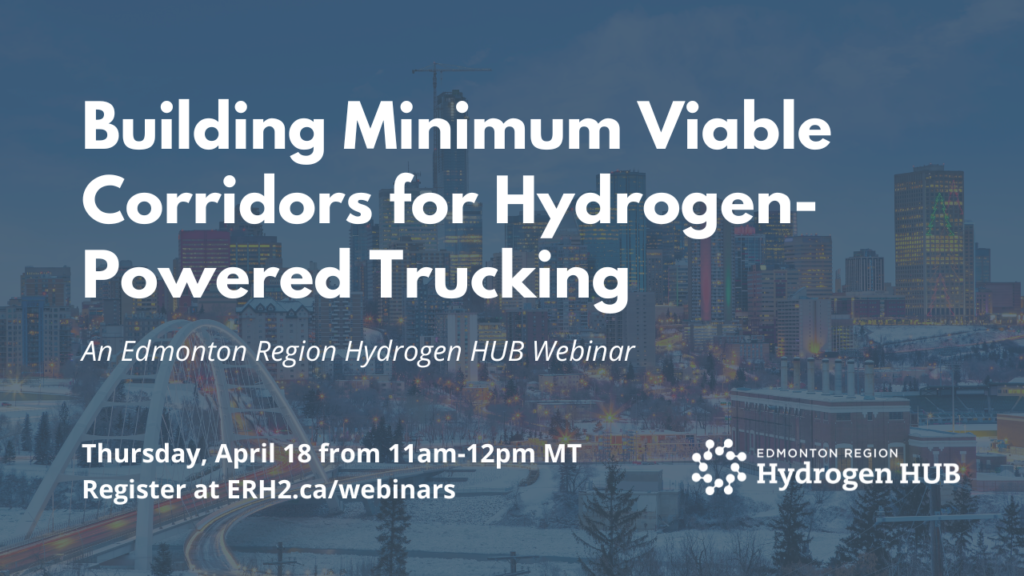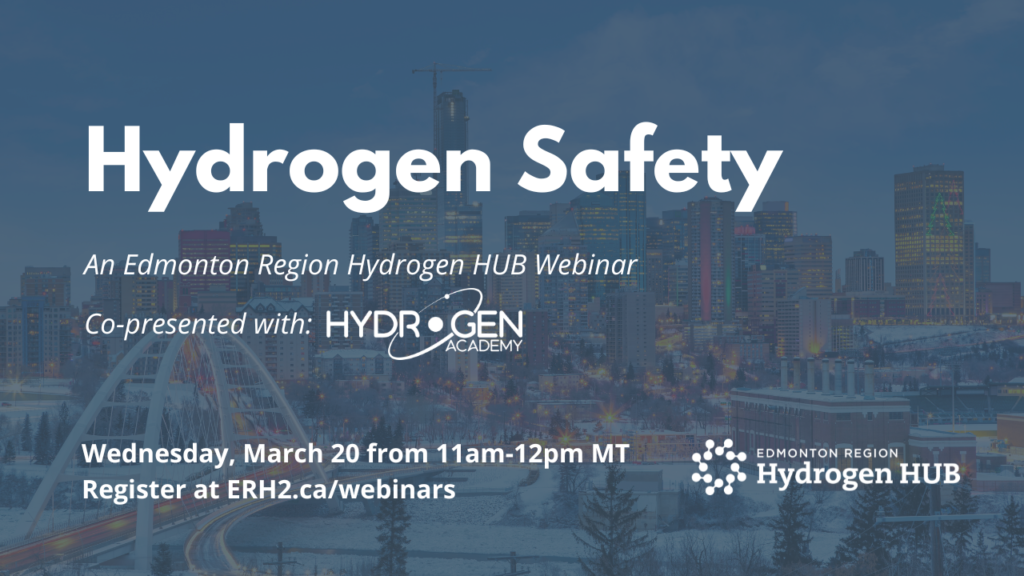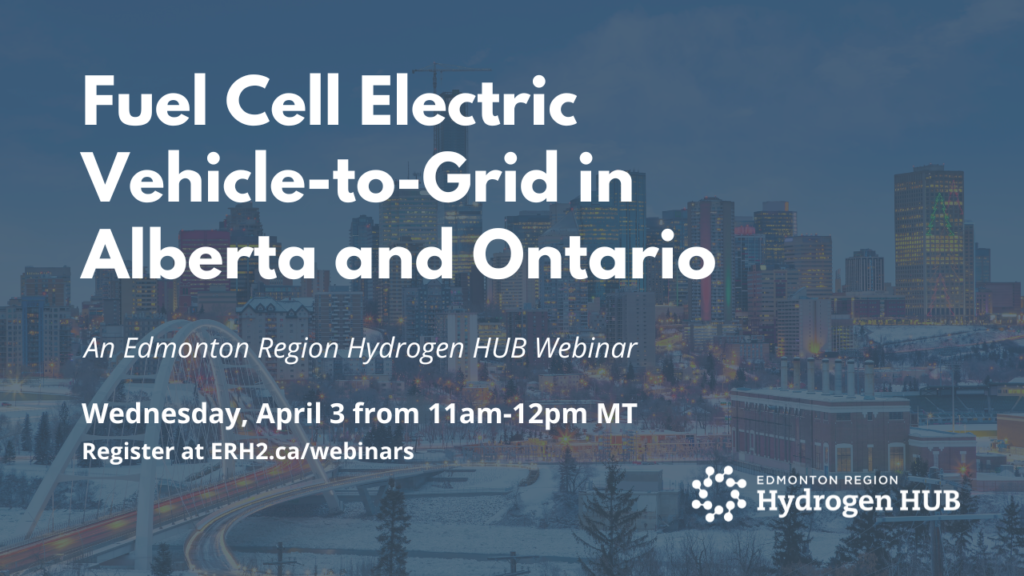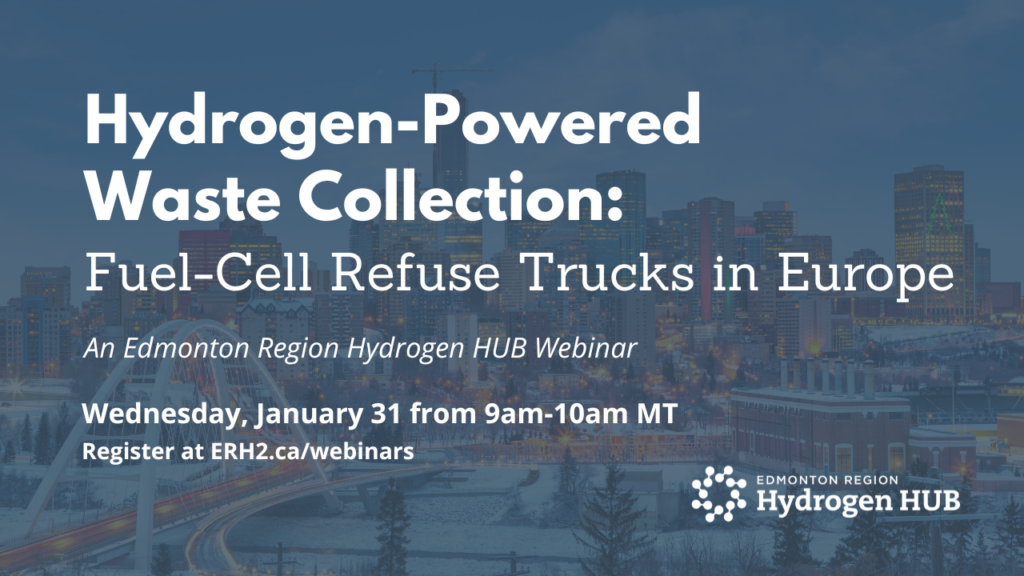
A Year Later: Advancing the Hydrogen Workforce for Edmonton Region’s Hydrogen Hub
Thursday, May 25, 2023
11am – 12pm MT
Presenters:
Pat Hufnagel-Smith, Partner, Creative Links International
Dr. Agatha Ojimelukwe, Portfolio Manager, Energy & Environment at NAIT
Kathleen Couturier, Program Coordinator, Lakeland College
It’s been almost a year since the Transition Accelerator released Pat Hufnagel-Smith’s report, Assessing the Workforce Required to Advance Canada’s Hydrogen Economy. Since then, the Edmonton Region Hydrogen HUB has made continued progress in developing hydrogen supply and demand as an essential component of the clean energy system. This webinar takes a closer look at the work done to ensure that the workforce to enable the region’s future hydrogen economy will be available as it’s needed.
This presentation includes a review of the workforce required by the hydrogen industry and projected opportunity for employment. Our guest panelists offer insights into the workforce development and transition programming currently underway in the region and how they are designed to address the potential labour risks identified in the report.
This webinar includes information that will appeal to a broad range of audiences including those considering a career in hydrogen, career and employment practitioners, and those involved in developing other hydrogen hubs.
Previous Webinars




